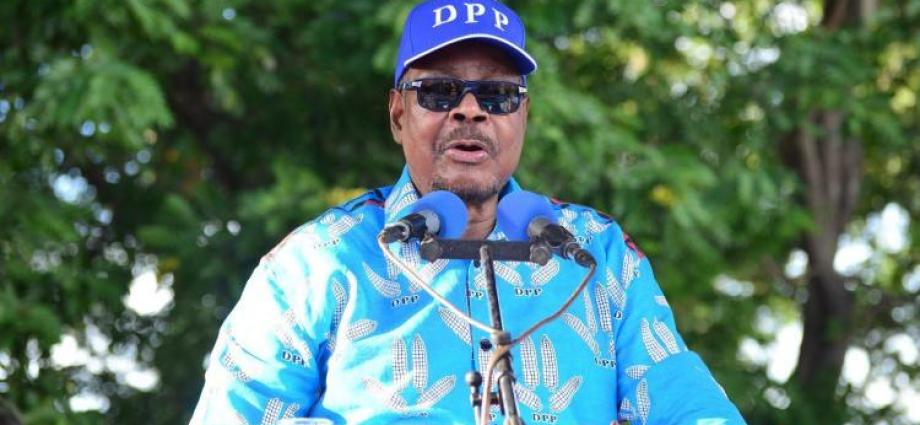Malawi’s Political Parties Face Crucial Integrity Test Ahead of September Elections

Economic Crisis and Political Alliances Test Malawi’s Leadership
As Malawi approaches the pivotal September 16 General Election, political parties face unprecedented challenges to their credibility and survival. The governing Malawi Congress Party (MCP), led by President Lazarus Chakwera, confronts particularly daunting obstacles following the collapse of the Tonse Alliance that brought it to power.
Fractured Alliances and Economic Woes
The disintegration of the Tonse Alliance coalition, which included nine smaller parties like the late vice-president Saulos Chilima’s UTM Party, has left the MCP vulnerable. This political instability compounds growing public dissatisfaction with:
- Skyrocketing inflation rates
- Critical foreign exchange shortages
- Widespread food insecurity affecting 5.7 million Malawians
Opposition Parties Grapple With Their Own Demons
DPP’s Paradoxical Position
The Democratic Progressive Party (DPP), despite its history of corruption allegations, remains a significant political force. Former president Peter Mutharika’s comeback bid presents voters with a complex choice between:
- Familiarity with the old guard
- Demands for clean governance
PP’s Cashgate Scandal Legacy
Joyce Banda’s People’s Party (PP) continues to battle the shadow of the infamous Cashgate scandal. While Banda touts her willingness to face public scrutiny, the party struggles to rebuild trust with voters prioritizing transparency.
Smaller Parties Face Existential Challenges
Other political players confront their own survival tests:
- UDF faces backlash over controversial privatization policies
- Aford struggles to expand beyond its Northern Region base
Malawi at a Political Crossroads
The September elections represent more than a routine political contest. With:
- Economic crisis eroding public trust
- Historical scandals haunting major parties
- Voter expectations shifting toward accountability
Malawi’s political landscape may undergo fundamental transformation. The parties’ ability to address these challenges will determine not just their electoral fortunes, but the future trajectory of the nation’s democracy.
For more in-depth analysis of Malawi’s political landscape, read the original report.


